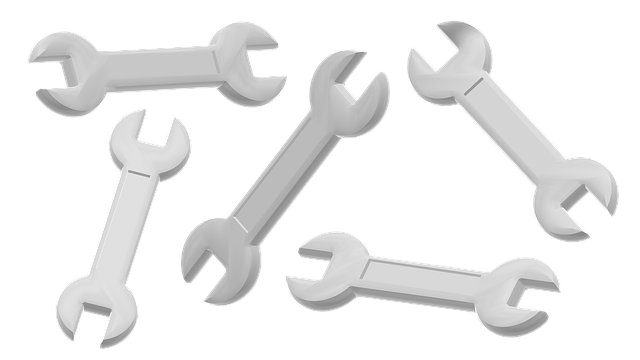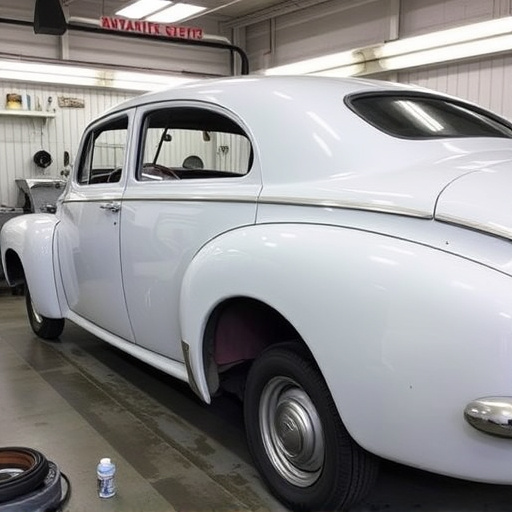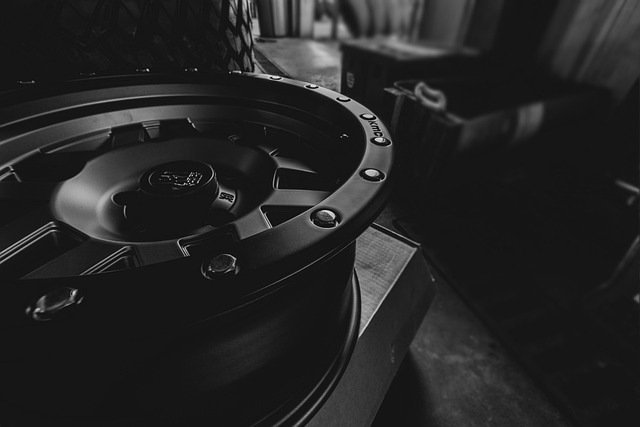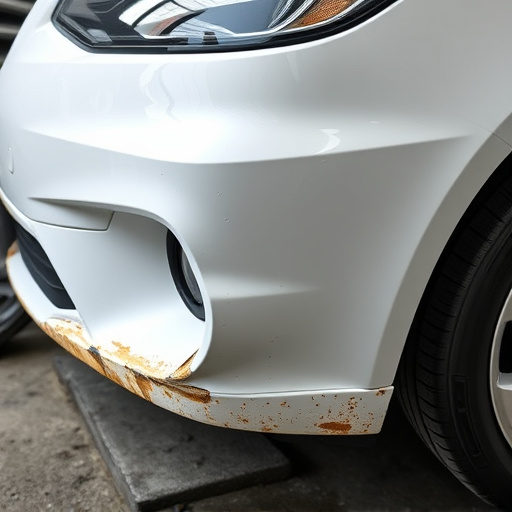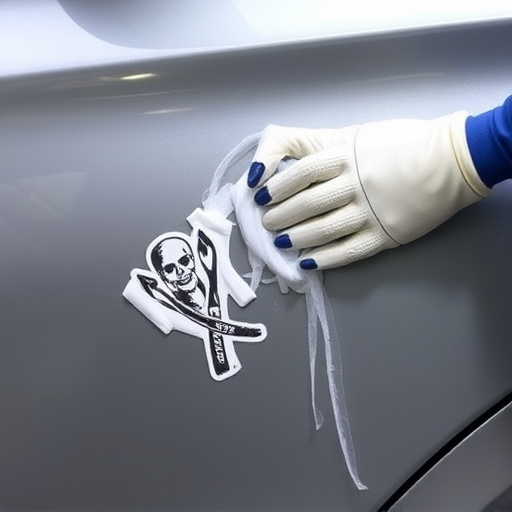Ultrasonic thickness gauges provide non-invasive, precise measurements for automotive repairs, ensuring replacement parts meet Original Equipment Manufacturer (OEM) standards and enhancing service quality, customer satisfaction, and compliance with industry regulations. These advanced tools are indispensable in modern vehicle repair and restoration practices due to their accuracy and ability to adhere to meticulous specifications.
Ultrasonic thickness gauges have emerged as indispensable tools for Original Equipment Manufacturers (OEMs), revolutionizing repair processes. This technology utilizes high-frequency sound waves to measure material thickness with unprecedented accuracy. In this article, we explore how these innovative devices ensure precision and compliance in OEM repair specifications. From understanding the underlying technology to highlighting its advantages, we delve into why ultrasonic thickness gauges are essential for maintaining quality standards in repairs.
- Understanding Ultrasonic Thickness Gauge Technology
- Advantages for Original Equipment Manufacturer (OEM) Repairs
- Ensuring Precision and Compliance in Repair Specifications
Understanding Ultrasonic Thickness Gauge Technology

An ultrasonic thickness gauge is a sophisticated tool that leverages high-frequency sound waves to measure the thickness of various materials non-destructively. This technology has become invaluable in ensuring precision and quality control, particularly in industries like automotive repairs where adherence to Original Equipment Manufacturer (OEM) specifications is crucial. By sending ultrasound pulses through the material, the gauge calculates its thickness based on the time it takes for the echo to return, offering accurate measurements with exceptional repeatability.
This method is especially beneficial for car paint services and auto glass repair, where maintaining original OEM standards is essential. Moreover, in processes like dent removal, where material integrity needs meticulous assessment, ultrasonic thickness gauges play a pivotal role by providing real-time data, ensuring that repairs are both safe and reliable, while adhering to the manufacturer’s recommended guidelines.
Advantages for Original Equipment Manufacturer (OEM) Repairs

Original Equipment Manufacturer (OEM) repairs demand precision and accuracy, especially when it comes to structural integrity. Ultrasonic thickness gauges offer a range of advantages in this context. These non-destructive testing tools provide precise measurements of material thickness, enabling repair technicians to ensure that replacement panels or components meet the exact specifications set by the vehicle manufacturer. This level of detail is crucial for maintaining the safety and performance standards expected from OEM repairs.
Furthermore, ultrasonic thickness gauges streamline the repair process in a vehicle body shop. They quickly and accurately identify areas requiring attention, minimizing the time spent on unnecessary operations. This efficiency translates to cost savings and faster turnaround times for customers seeking automotive body work. The use of such advanced technology also enhances the overall quality of body shop services, fostering customer satisfaction and trust.
Ensuring Precision and Compliance in Repair Specifications
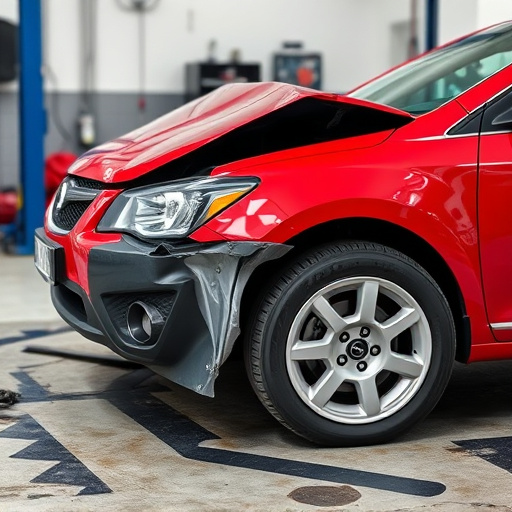
Precision is paramount when it comes to ensuring the quality and safety of vehicle repairs, especially in critical areas like structural integrity. Ultrasonic thickness gauges play a pivotal role in this regard, offering an accurate and non-destructive method to measure metal thickness. By employing these advanced tools, auto collision centers can achieve remarkable precision, adhering to original equipment manufacturer (OEM) specifications for various components, including body panels and auto glass replacement.
This meticulous process is essential for maintaining the structural integrity of vehicles, especially after repairs or restoration. With ultrasonic thickness gauges, technicians can quickly and reliably verify that each component meets the required standards, ensuring a seamless fit and performance during vehicle assembly or post-accident repair. This level of precision not only guarantees customer satisfaction but also complies with industry regulations, making it indispensable in modern auto glass replacement and vehicle restoration practices.
Ultrasonic thickness gauges play a pivotal role in ensuring precision and compliance in Original Equipment Manufacturer (OEM) repair specifications. By leveraging advanced technology, these tools enable accurate material measurement, helping to maintain high-quality standards across repairs. This not only boosts the reliability of replacement parts but also enhances customer satisfaction by guaranteeing original-like performance. In today’s competitive market, adopting an ultrasonic thickness gauge is a strategic move for OEMs seeking excellence in their repair processes.
